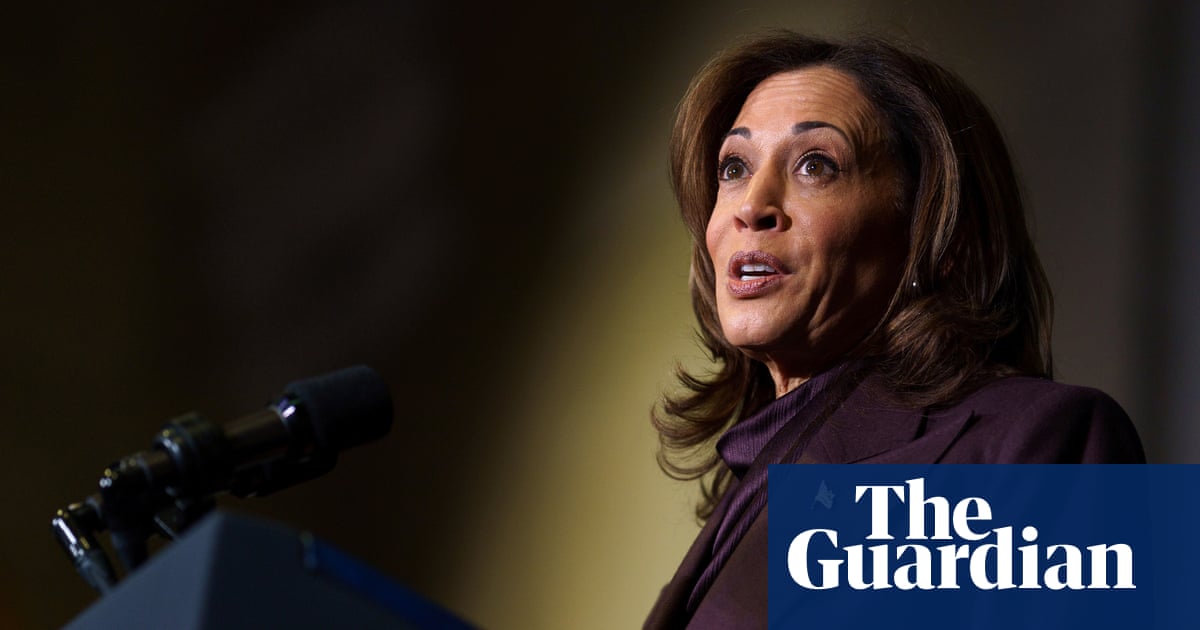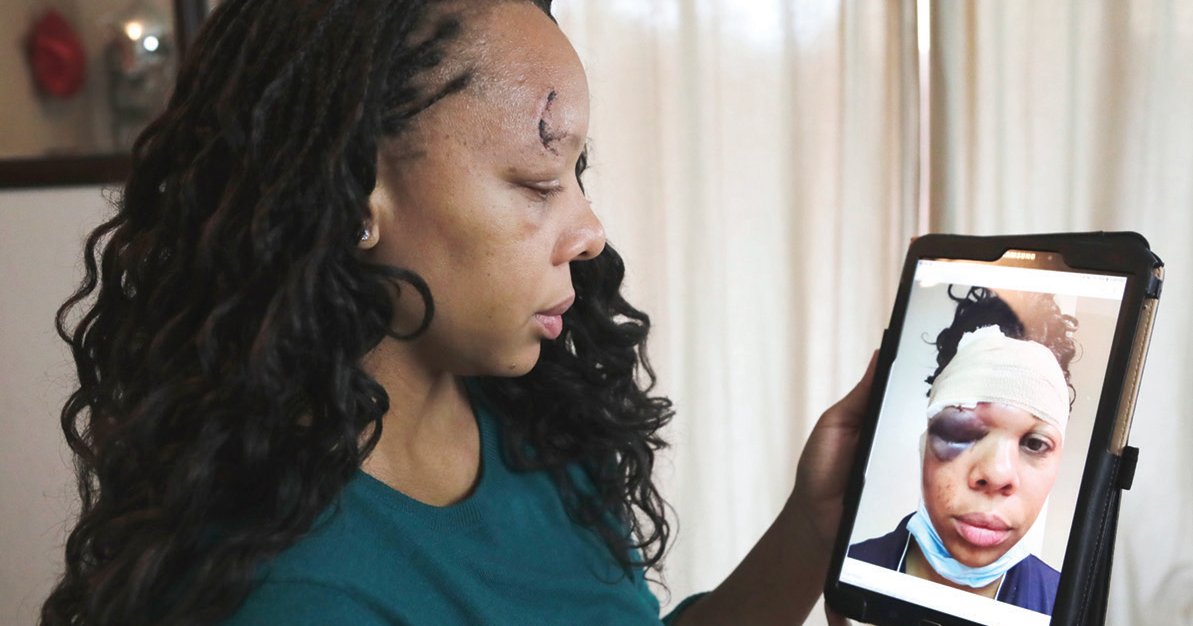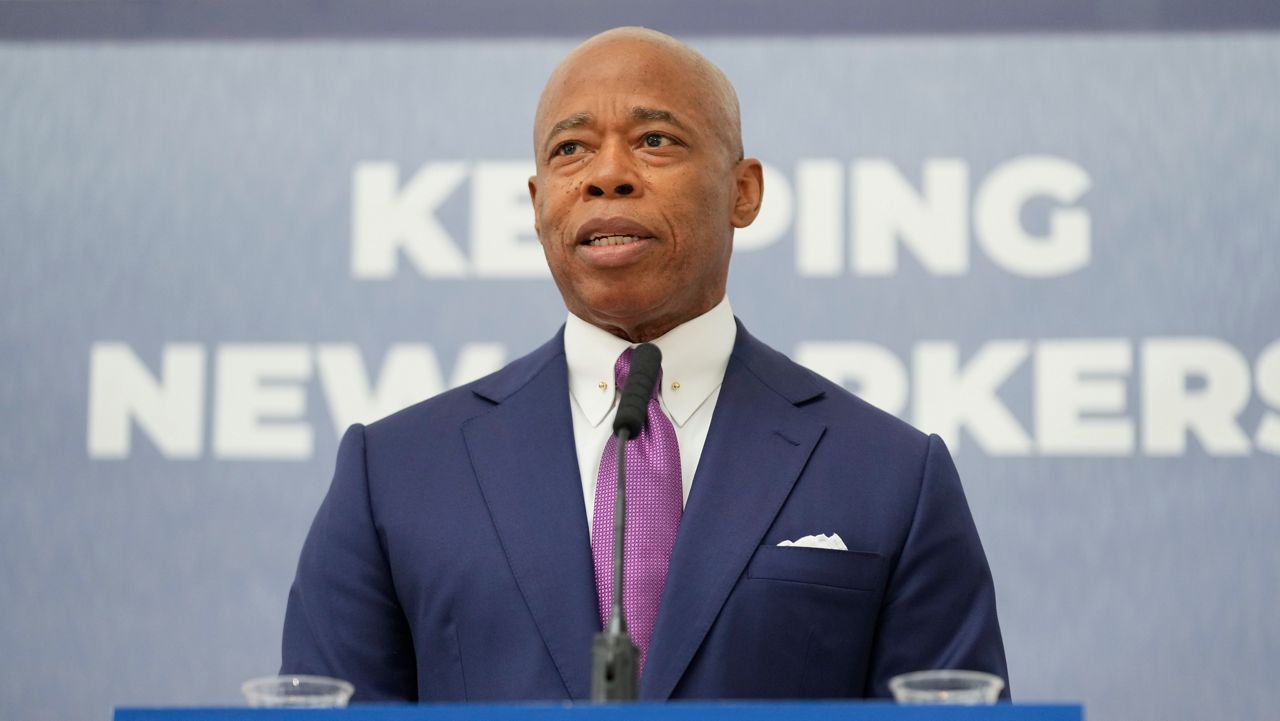- BlackVoter.Org
- Posts
- BLACKVOTER.ORG
BLACKVOTER.ORG

Broward County Democrats have re-elected Rick Hoye as party chair amid some controversy over voter eligibility issues. Hoye secured his second four-year term with 59% of the votes cast during the Dec.
7 elections, promising to revitalize the party's infrastructure and unite members for upcoming elections. However, the election process wasn't smooth, as it faced complaints about overcrowding, voting eligibility disputes, and proxies.
Some party members are calling for a re-vote due to these irregularities. Hoye, Florida's first non-white chair of the Broward Democratic Party, emphasized the importance of collaboration to counter Republican efforts, acknowledging the need to expand the party's reach and improve voter registration.
Despite the challenges, Hoye and other elected officers, including Grace Carrington and Aude M.L.
Sicard, are gearing up for a unified push towards the 2026 gubernatorial and 2028 presidential elections. The Democrats remain a dominant political force in Broward but recognize the need for progress.
Oklahoma is a treasure trove of potential, rich in culture and history, yet the stories of its Black towns often remain untold. In the wake of productions like "Killers of the Flower Moon" and "Tulsa King," there's a growing interest in Oklahoma's complex past.
The article highlights how these all-Black towns, established by freed African Americans, were once havens of independence and resilience but now face economic challenges. Much like Oklahoma's Native American history, the struggles and contributions of its Black communities deserve recognition.
The newly launched Civil Rights Trail grant program aims to preserve these towns' legacies, turning them into vibrant tourist destinations that educate visitors about their historical significance. By supporting these initiatives, we can uplift these towns, promote inclusivity, and create opportunities for economic growth, shedding light on their importance in Oklahoma’s narrative and fostering a more equitable future for all.

The African American Leaders and Congregations Collecting Initiative by the Presbyterian Historical Society (PHS) aims to amplify the often-overlooked voices of Black Presbyterians throughout church history. Spanning from the establishment of the First African Presbyterian Church in 1807 to the election of the first Black stated clerk in 2016, this initiative focuses on collecting and preserving vital records and narratives that showcase the rich contributions of African Americans in the church.
PHS offers free digitization services for congregational records and encourages donations of personal papers, oral histories, and more from prominent church figures. By fostering an inclusive archival collection, this initiative not only acknowledges the struggles and triumphs of African American Presbyterians but also enhances the historical understanding of their pivotal role in a diverse, multicultural church.

In a thought-provoking piece, Conor Friedersdorf explores the shifting landscape of identity politics within the Democratic Party, especially in light of Trump's surprising electoral gains among diverse voter groups. Many Democrats are reevaluating this approach, with leaders like Elissa Slotkin advocating for a departure from identity politics, arguing it has proven electorally ineffective and strategically misguided.
Friedersdorf contends that while acknowledging societal inequalities is vital, equating identity with policy risks alienating potential allies. He emphasizes that true equality should focus on treating individuals uniformly, rather than adopting practices that favor specific groups; otherwise, Democrats risk repeating past missteps that could fracture their coalition.
By embracing equal treatment, celebrating diversity, and rejecting harmful stereotypes, Friedersdorf argues, the party can connect more authentically with everyday Americans and strengthen its electoral prospects. This nuanced reckoning could be crucial for the Democrats as they prepare for future elections.

In a surprising turn of events, President-elect Donald Trump captured the 2024 election by making impressive inroads with non-white and non-college-educated voters, while deftly sidestepping traditional media channels. According to Cygnal exit polls, Hispanic voter support for Trump surged by 24 points, reducing the Democrat lead significantly, while African-American support also dipped, reflecting a broader trend towards the GOP fueled by contentious cultural debates over issues like gender identity in sports.
Trump's connection with voters stemmed from his appeal to those seeking alternatives to the "woke ideology" often associated with Democrats. Furthermore, voters inclining towards non-mainstream media sources leaned heavily toward Trump.
As both parties reassess their strategies post-election, the challenge ahead lies in building genuine relationships with voters to maintain and expand their support bases. The evolving political landscape is making it clear: the traditional coalitions are shifting, and both parties need to adapt fast.

As the Democratic Party strategizes its resurgence, buzz is growing around Vice President Kamala Harris' potential 2028 presidential run following her recent defeat against Donald Trump. Although Harris acknowledges the setback, she remains optimistic and hasn’t ruled out seeking the California governorship in 2026, with supporters encouraging this move.
Allies believe Trump’s unconventional political landscape allows for a second chance for Harris, unlike past candidates. Notably, her approval ratings improved despite the loss, hinting at resilient public support.
While the competition for both the presidency and governorship is heating up, Harris' campaign experience and popularity may pave the way for a powerful comeback. Reflecting on her journey, she emphasized the ongoing fight for freedom and opportunity—making it clear that her political aspirations are still very much alive.
As 2028 approaches, Harris may just be gearing up for a remarkable second act.

In a significant legal victory, LaToya Ratlieff, a protester injured by Fort Lauderdale police during a George Floyd demonstration in 2020, has secured a $2 million settlement. Ratlieff was struck in the face by a rubber bullet, resulting in severe injuries, including a broken eye socket and nerve damage.
This incident occurred amid nationwide protests against police brutality following Floyd's tragic death. While the city contended that the police acted appropriately, Ratlieff’s attorneys argued otherwise, emphasizing the importance of accountability for law enforcement.
Ratlieff expressed hope that the settlement signifies a shift toward safeguarding civil rights and preventing future injustices. The city acknowledged the settlement as a necessary step towards reforming its police practices and fostering community trust.
As discussions continue about accountability and reform in policing, Ratlieff's story stands as a powerful reminder of the ongoing fight for justice.

In a surprising turn of events, Mayor Eric Adams has been denied $4.5 million in public matching funds for his reelection campaign by the New York City Campaign Finance Board.
The board's chair, Frederick Schaffer, cited "conduct detrimental" to the Matching Funds Program as a key reason, particularly in light of Adams' ongoing federal corruption indictment. Despite pleading not guilty and denying allegations related to luxury travel and campaign donor influences, the mayor's fundraising efforts have come under intense scrutiny.
Notably, the indictment claims he received significant campaign contributions from interests tied to Turkey. This setback echoes broader instability within Adams’ administration, which has seen notable departures, including his chief adviser, Ingrid Lewis-Martin.
As the political landscape shifts, the road to reelection just got bumpier for Adams, raising questions about the future of his campaign and leadership.

At the recent New York Young Republican Club gala, Alex Bruesewitz, a key adviser to President-elect Trump, caused quite a stir when he collapsed on stage mid-speech. Aged just 27, Bruesewitz was introducing senior aide Dan Scavino when he began slurring his words and fainted.
Thankfully, attendees rushed to his aid, and he later assured everyone he was fine, even playfully asking if he looked "cool" during his fall. The event's master of ceremonies, Raheem Kassam, lightened the mood by joking about Bruesewitz's unique use of gravity.
Trump himself praised Bruesewitz's resilience, calling him a “tough son of a gun.” Known for his fervent support of the America First agenda, Bruesewitz is the CEO of X Strategies LLC and has been instrumental in promoting candidates aligned with Trump’s vision.

The article delves into the mismatch between the GOP's fears of noncitizen voting and the reality showcased through cases in Ohio. Ahead of the November election, Ohio's Republican officials ramped up rhetoric about protecting election integrity, leading to an investigation into alleged voter fraud.
Yet, the findings were stark: over a decade, only nine individuals were indicted for illegal voting as noncitizens—far from the alarming narrative suggesting widespread illicit voting.
The cases often involve long-time residents unaware they were ineligible, like Nicholas Fontaine, a Canadian who mistakenly believed he could vote due to his status.
The piece underscores how the fear of rampant noncitizen voting is largely unfounded and highlights the harsh consequences individuals face, including felony charges and possible deportation, while also illuminating the ongoing debate about election integrity in the U.S.